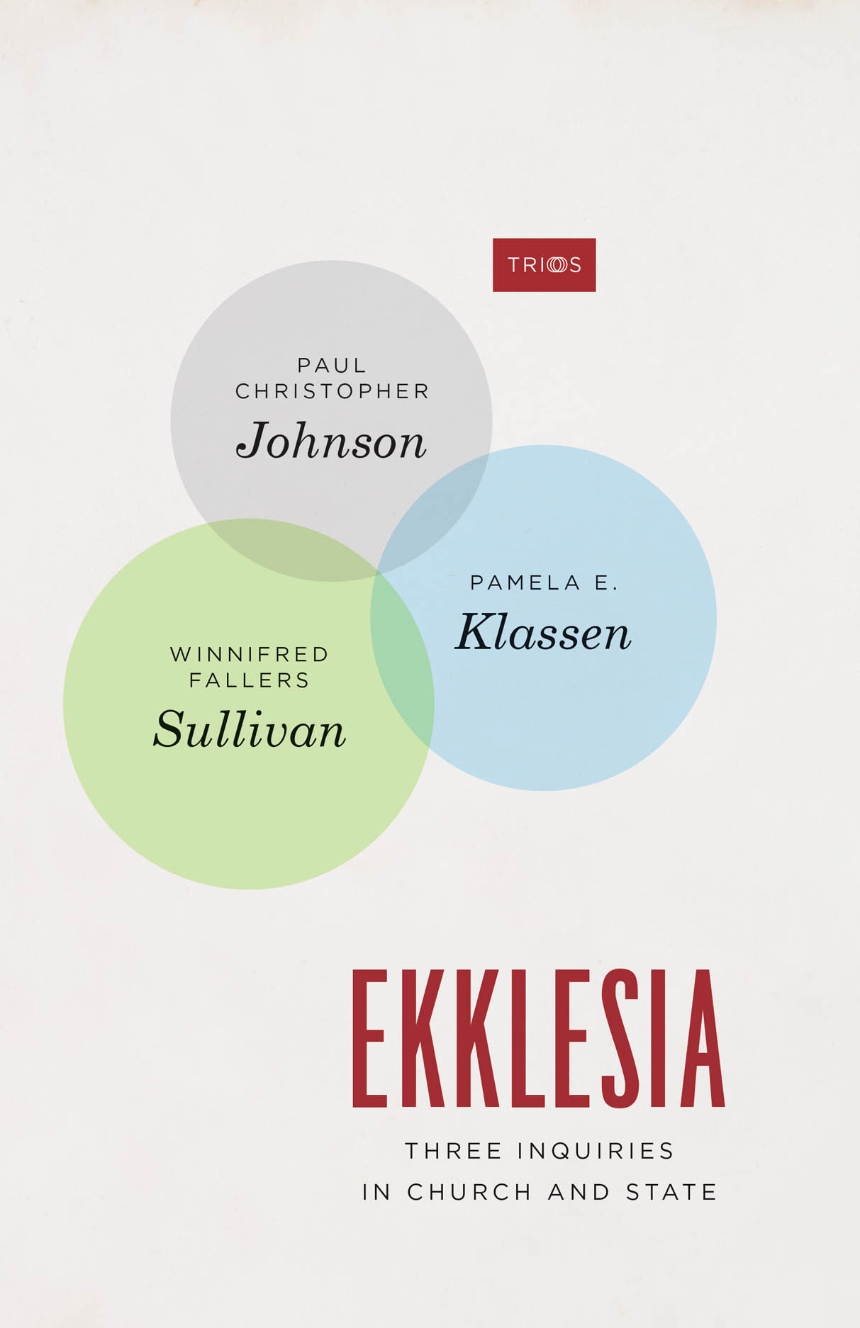Ekklesia
Three Inquiries in Church and State
The first of a closely linked trio of essays is by Paul Johnson, and offers a new interpretation of the Brazilian community gathered at Canudos and its massacre in 1896–97, carried out as a joint churchstate mission and spectacle. In the second essay, Pamela Klassen argues that the colonial churchstate relationship of Canada came into being through local and national practices that emerged as Indigenous nations responded to and resisted becoming “possessions” of colonial British America. Finally, Winnifred Sullivan’s essay begins with reflection on the increased effort within the United States to ban Bibles and scriptural references from death penalty courtrooms and jury rooms; she follows with a consideration of the political theological pressure thereby placed on the jury that decides between life and death. Through these three inquiries, Ekklesia takes up the familiar topos of “church and state” in order to render it strange.
224 pages | 9 halftones | 5 1/2 x 8 1/2 | © 2018
History: History of Ideas
Law and Legal Studies: Law and Society
Philosophy: Philosophy of Religion
Religion: Religion and Society
Reviews
Table of Contents
Introduction
Paul Christopher Johnson, Pamela E. Klassen, Winnifred Fallers Sullivan
The People and the Law of the Hound at Canudos
Paul Christopher Johnson
Spiritual Jurisdictions: Treaty People and the Queen of Canada
Pamela E. Klassen
Banning Bibles; Death-Qualifying a Jury
Winnifred Fallers Sullivan
Acknowledgments
Bibliography
